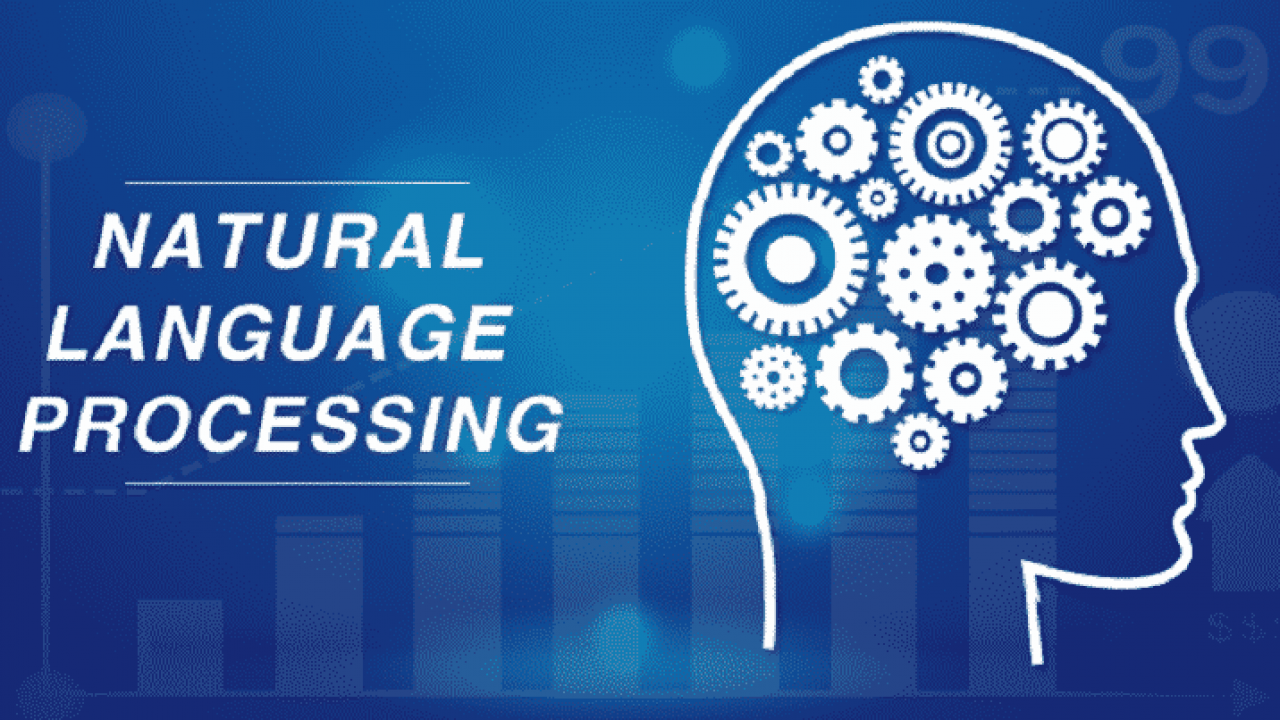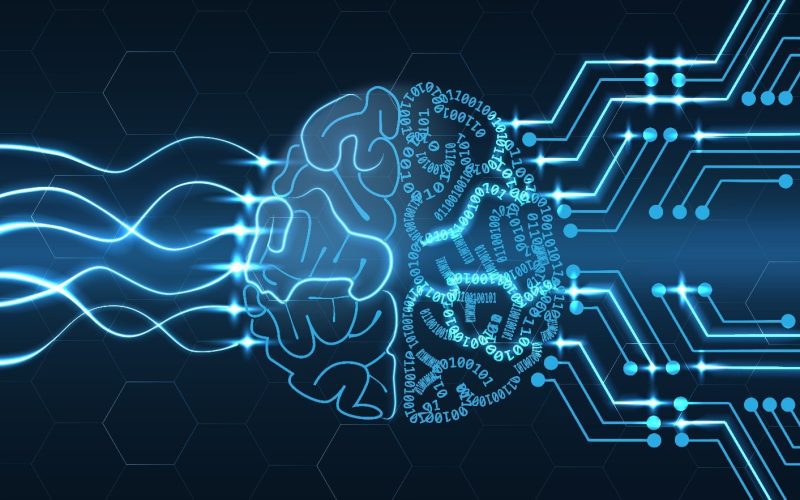In recent years, artificial intelligence (AI) has emerged as a transformative force across various sectors, including healthcare. Among its numerous applications, AI’s role in mental health diagnostics is particularly promising. This article delves into the myriad ways AI is revolutionizing mental health care, enhancing diagnostic accuracy, and offering new avenues for treatment.
The Current Landscape of Mental Health Diagnostics
Mental health disorders affect millions of individuals worldwide, with conditions ranging from depression and anxiety to more severe disorders like schizophrenia and bipolar disorder. Traditional diagnostic methods often rely on self-reported symptoms, clinical interviews, and standardized questionnaires. While these methods are invaluable, they are not without limitations. Subjectivity, bias, and the variability of human judgment can hinder accurate diagnosis and timely intervention.
AI: A Game Changer in Mental Health Diagnostics
Artificial intelligence, particularly machine learning (ML) and natural language processing (NLP), offers a paradigm shift in mental health diagnostics. These technologies can analyze vast amounts of data with remarkable speed and precision, uncovering patterns that may elude human clinicians.
Enhancing Diagnostic Accuracy
AI algorithms can be trained on extensive datasets, including clinical records, genetic information, and even social media activity. By analyzing these diverse data sources, AI can identify subtle indicators of mental health conditions that might be missed in traditional assessments. For instance, machine learning models have shown promise in detecting early signs of depression by analyzing social media posts, voice patterns, and even facial expressions.
Personalized Treatment Plans
AI’s ability to process and analyze large datasets also enables the creation of personalized treatment plans. By considering an individual’s unique genetic makeup, lifestyle, and medical history, AI can recommend tailored interventions that are more likely to be effective. This personalized approach can significantly improve patient outcomes and reduce the trial-and-error process often associated with mental health treatment.
Key Technologies Driving AI in Mental Health Diagnostics
Several AI technologies are at the forefront of this revolution, each contributing uniquely to mental health diagnostics.
Machine Learning (ML)
Machine learning algorithms excel at identifying patterns and making predictions based on large datasets. In mental health diagnostics, ML can analyze data from various sources, such as electronic health records (EHRs), wearable devices, and even smartphone usage patterns. For example, an ML model might predict the onset of a depressive episode by analyzing changes in a patient’s sleep patterns, social interactions, and physical activity levels.
Natural Language Processing (NLP)
Natural language processing enables AI to understand and interpret human language. This capability is particularly useful in analyzing text-based data, such as clinical notes, patient interviews, and social media posts. NLP can identify linguistic markers of mental health conditions, such as changes in speech patterns, sentiment, and word choice. These insights can complement traditional diagnostic methods and provide a more comprehensive understanding of a patient’s mental health.

Computer Vision
Computer vision technology allows AI to analyze visual data, such as facial expressions and body language. This capability can be particularly useful in diagnosing conditions like autism spectrum disorder (ASD) and schizophrenia, where non-verbal cues play a crucial role. For instance, computer vision algorithms can detect micro-expressions and other subtle changes in facial expressions that may indicate emotional distress or cognitive impairment.
Ethical Considerations and Challenges
While the potential of AI in mental health diagnostics is immense, it is essential to address the ethical considerations and challenges associated with its use.
Data Privacy and Security
The use of AI in mental health diagnostics involves the collection and analysis of sensitive personal data. Ensuring the privacy and security of this data is paramount. Robust encryption methods, secure data storage, and strict access controls are necessary to protect patient information from unauthorized access and breaches.
Bias and Fairness
AI algorithms are only as good as the data they are trained on. If the training data is biased or unrepresentative, the resulting models may also be biased, leading to inaccurate or unfair diagnoses. It is crucial to use diverse and representative datasets and to continuously monitor and evaluate AI models for potential biases.
Transparency and Accountability
The “black box” nature of some AI models can make it challenging to understand how they arrive at specific conclusions. This lack of transparency can hinder trust and acceptance among clinicians and patients. Efforts should be made to develop explainable AI models that provide clear and understandable insights into their decision-making processes.
The Future of AI in Mental Health Diagnostics
The integration of AI in mental health diagnostics is still in its early stages, but the future looks promising. Advances in AI technology, coupled with ongoing research and development, are likely to yield even more sophisticated diagnostic tools and treatment options.
Collaborative Care Models
AI can facilitate the development of collaborative care models that involve multiple stakeholders, including clinicians, patients, and caregivers. By providing real-time insights and recommendations, AI can enhance communication and coordination among care teams, leading to more holistic and effective treatment plans.
Early Intervention and Prevention
One of the most significant benefits of AI in mental health diagnostics is its potential for early intervention and prevention. By identifying early warning signs and risk factors, AI can enable proactive measures that prevent the escalation of mental health conditions. This proactive approach can improve patient outcomes and reduce the overall burden on healthcare systems.
Conclusion
The role of AI in mental health diagnostics is transformative, offering new possibilities for accurate, personalized, and timely diagnosis and treatment. While challenges and ethical considerations remain, the potential benefits of AI far outweigh the risks. As technology continues to evolve, AI is poised to play an increasingly central role in mental health care, ultimately improving the lives of millions of individuals worldwide.












